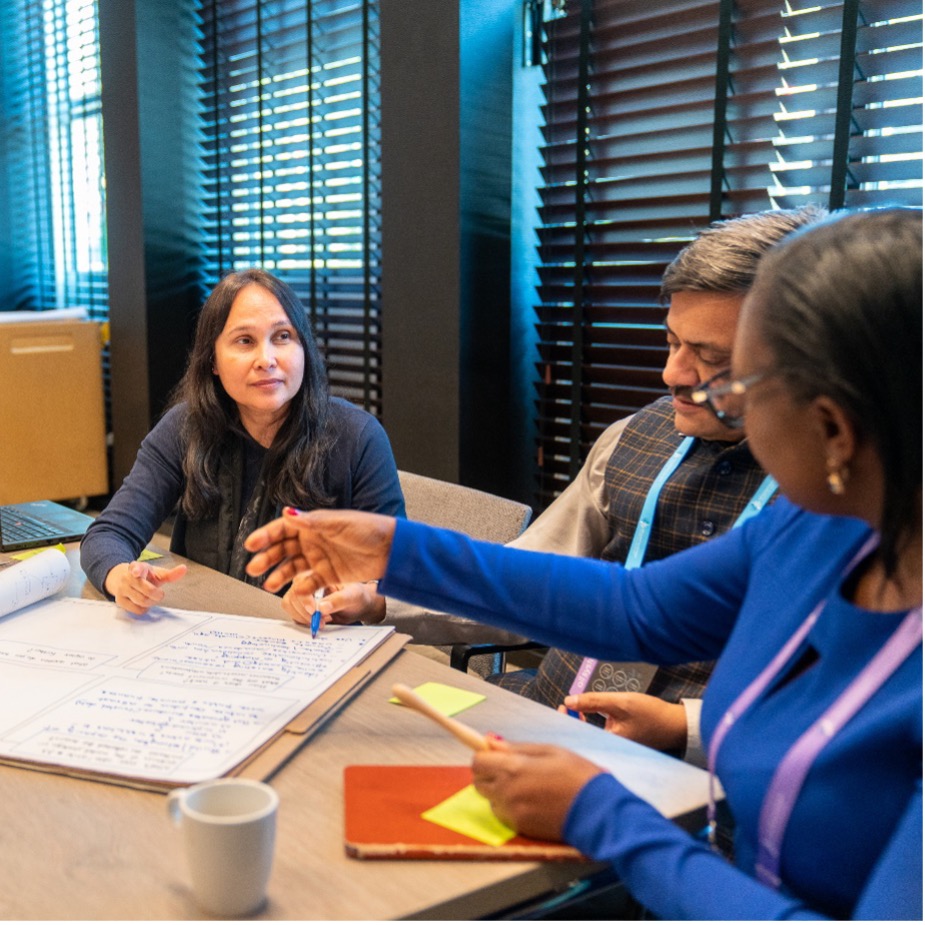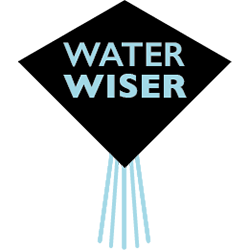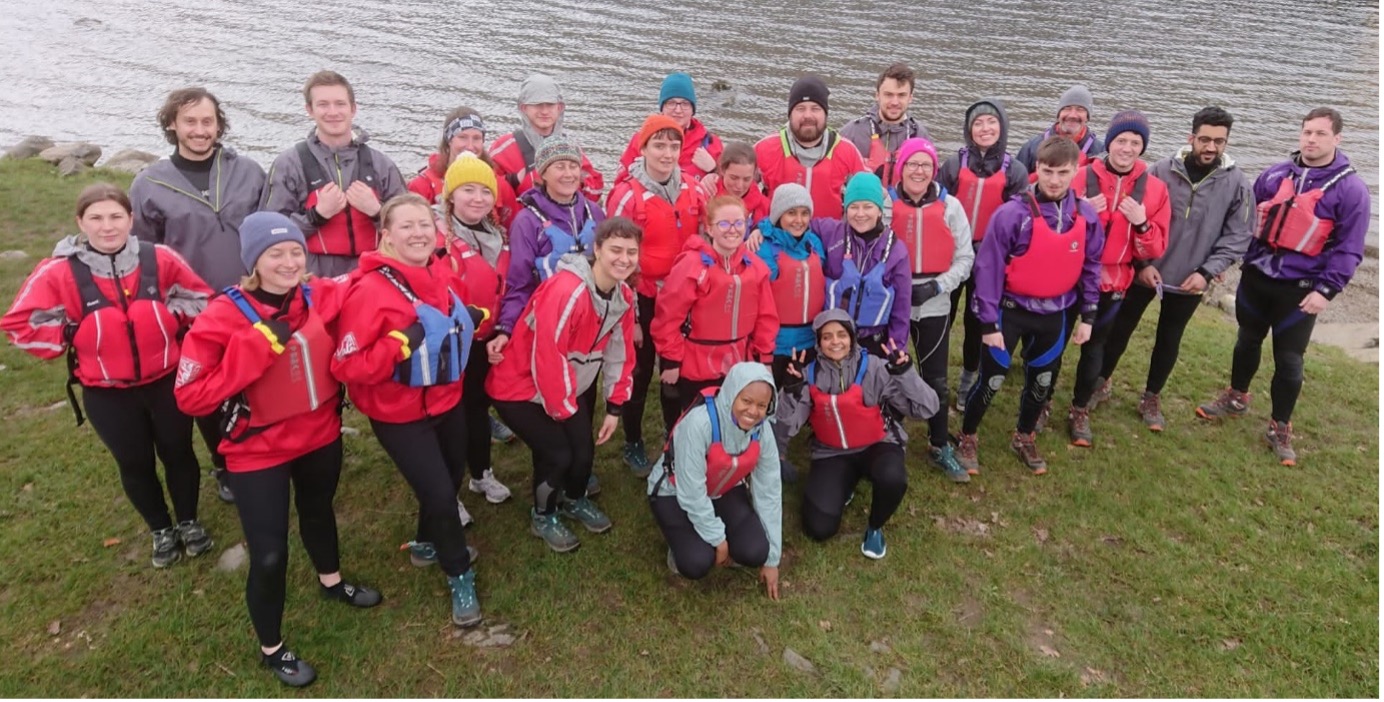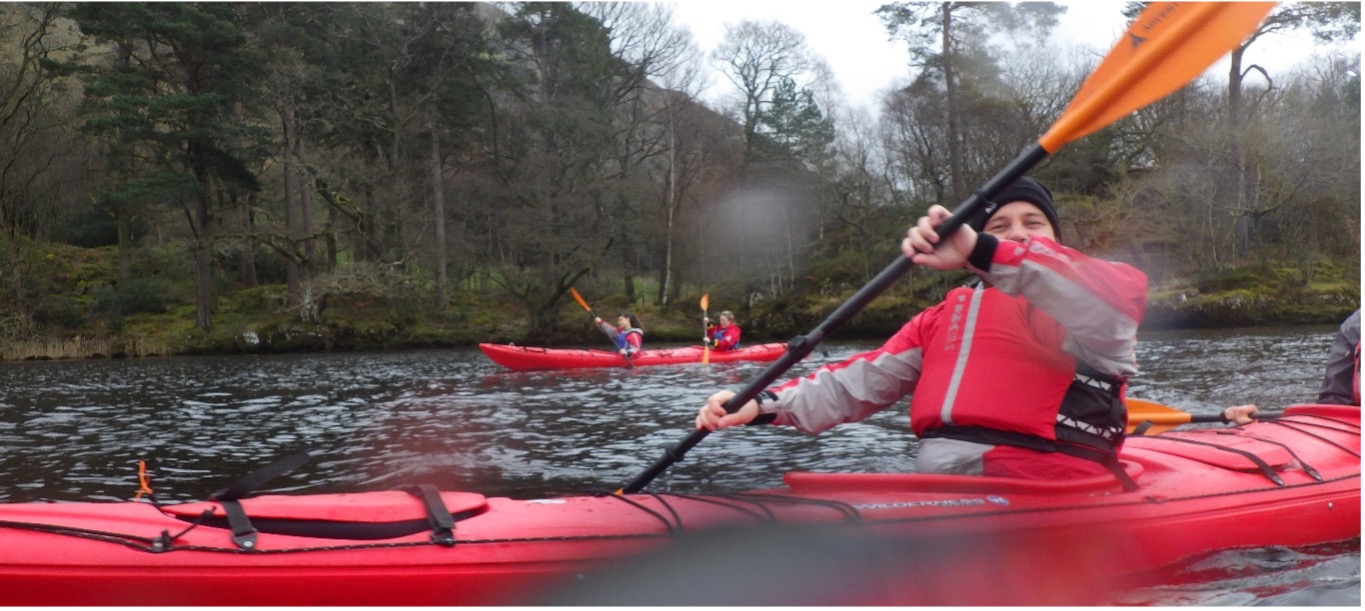Water-WISER at the IRC All Systems Connect Conference 2023
On 2-5 May the Water-WISER students and staff decamped to The World Forum conference centre in The Hague, Netherlands, for the IRC All Systems Connect 2023 conference.
This annual event is a huge (>700 attendees) meeting forum for WASH experts, policymakers and businesses, with the focus on connecting up silos and holistic thinking.
The All Systems event itself lasted 3 days, and included sessions chaired and developed by Water-WISER CDT students in a formal collaboration. Workshops and ‘sprints’ ranged from climate change solutions to financing WASH projects. Spurthi (pictured) had a high-profile role in the youth ‘sprint’ on climate change and WASH.
President Zhelensky turned up during the conference, with lots of security, meaning the Water-WISER group had to eat breakfast out of a bag that morning!
After the close of the IRC event, the Water-WISER group met at Het Nutshuis (IRC offices) in the city centre for a reflective workshop. J’Anna Lue and Euphresia Luseka, guest speakers, talked on positionality and decolonising research and the event was joined by international researchers from outside Water-WISER.

Photo credits: Robert Tjalondo (Rockin’ Pictures) for IRC



